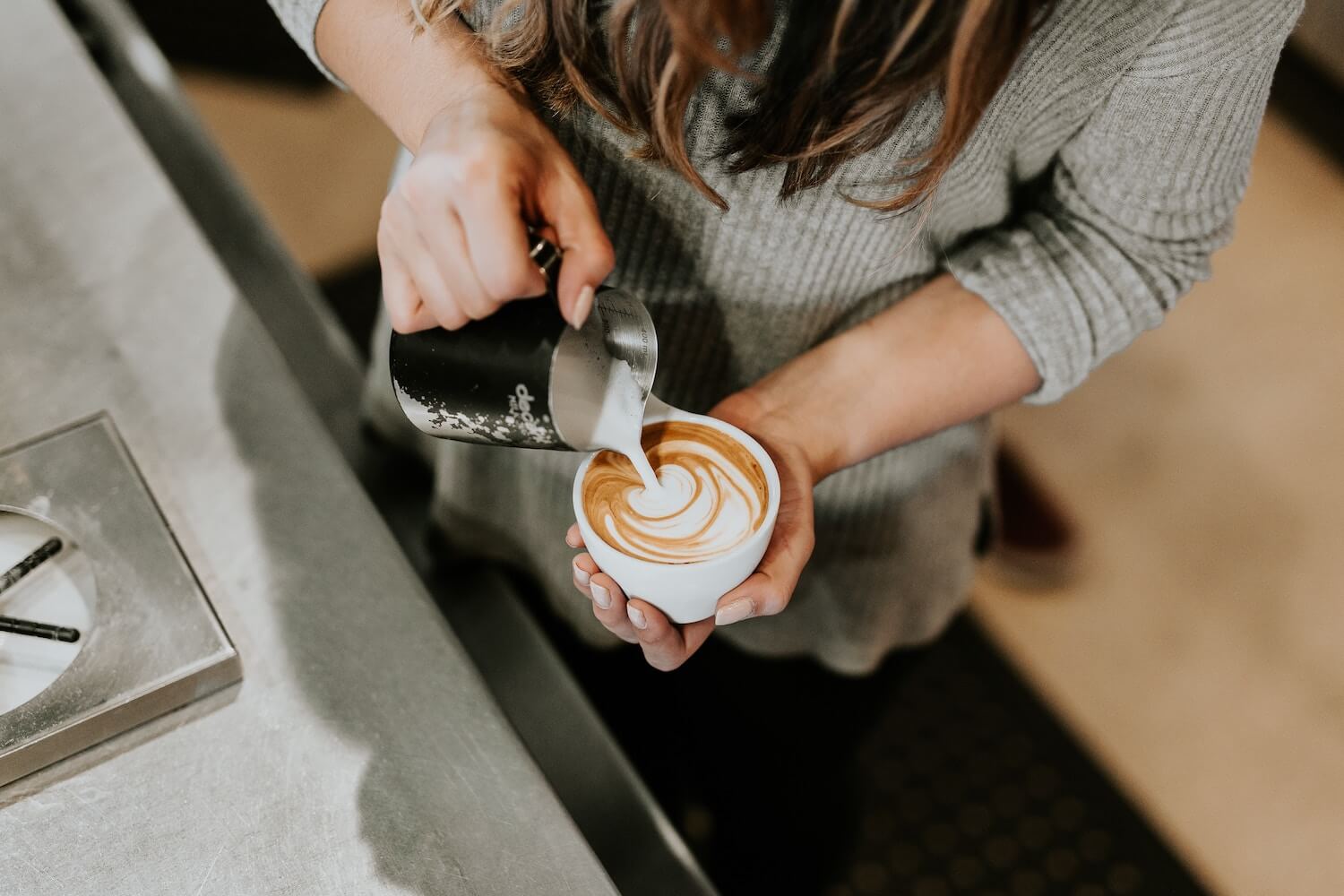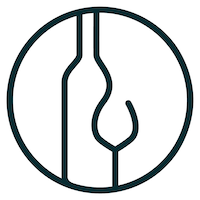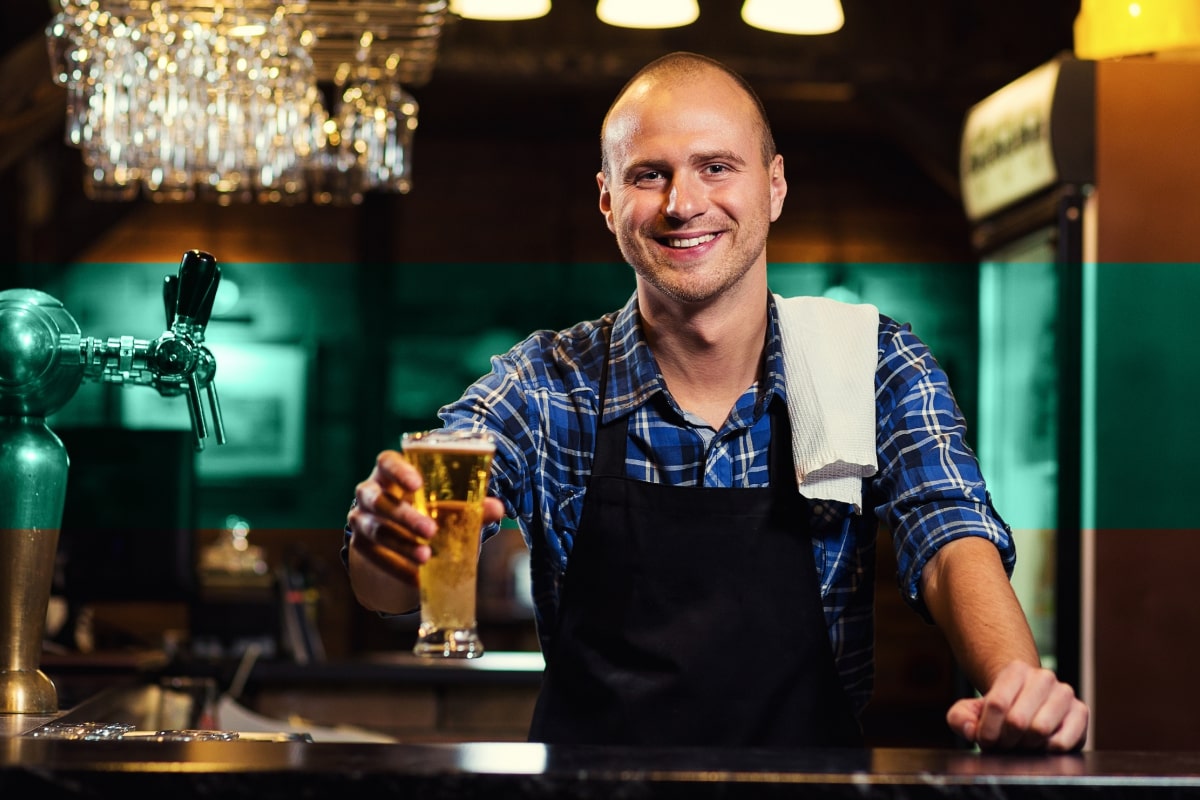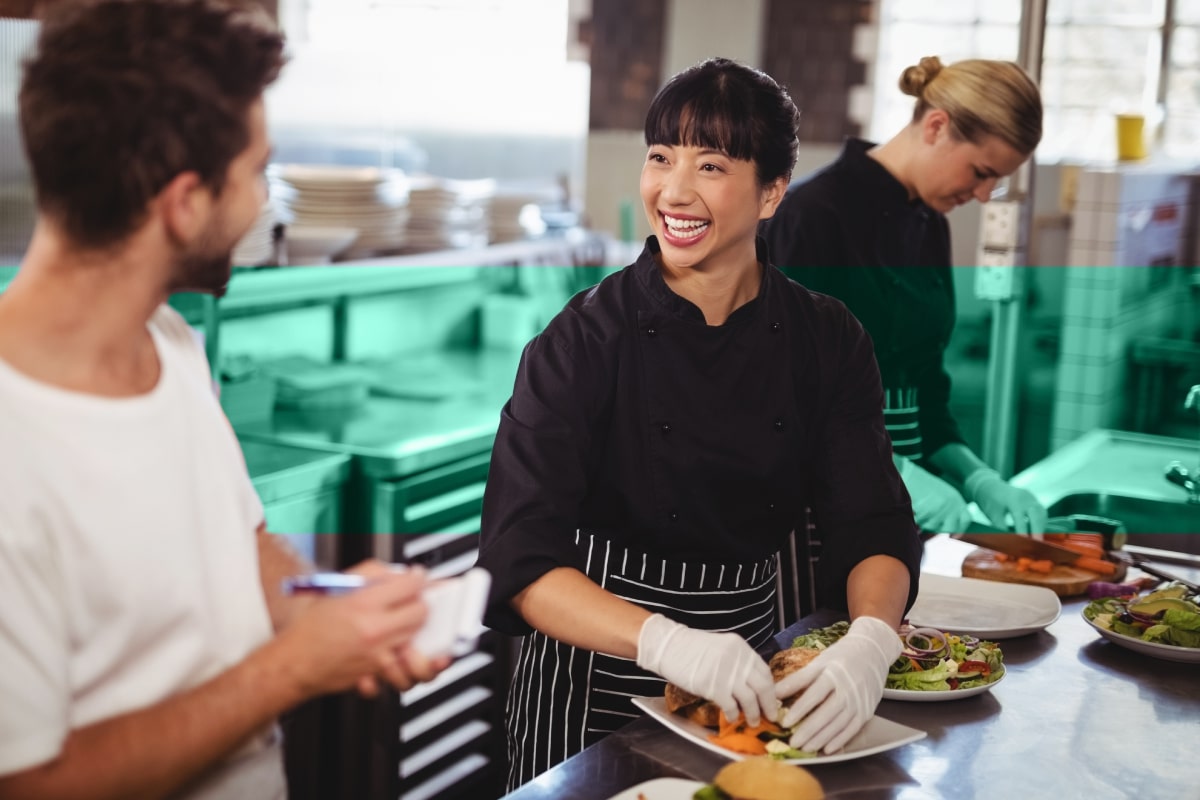
Australia’s hospitality industry offers numerous opportunities for career advancement and skills development. For those looking to enter or advance within this industry, enrolling in a hospitality course is a crucial step. However, understanding the cost of these courses is vital for making informed decisions.
TAFE and Vocational Courses
Anyone committed to a career in hospitality should consider a TAFE or vocational course. These are suitable for beginners and current industry professionals looking to expand their skillset. Depending on the level and duration of the course, expect fees of anywhere between $1,000 and $20,000.
Let’s consider the Certificate III in Hospitality. This course is a level up from the basics and covers crucial aspects like providing table service, understanding and selling wines, and advising on food and beverage matching. Costs range from $2,000 to $5,000, varying based on the specific course provider and state. If, however, your interest is in working as a commercial cook, a Certificate III in Commercial Cookery could cost around $13,000.
A Certificate IV in Hospitality, which focuses more on supervisory and management skills, could cost between $4,000 and $5,500. But a Certificate IV in Kitchen Management apprenticeship could cost around $19,000, while also requiring significantly more time.
Certificate III and Certificate IV courses don’t only require more time to complete. Most are also available only as traineeships or apprenticeships, meaning on-the-job training. Any course available through self-paced or on-campus training will usually also include a practical placement component.
Short Hospitality Courses
If you’re looking to acquire a specific skill, or brushing up on your existing expertise, short hospitality courses could be a great fit. These cover a broad range of topics and are designed to be quick and practical.
An accredited barista master class is a popular course for acquiring basic skills as an entry-level barista trainee. It can be completed in only two days and could cost you less than $300. It includes training on safe food handling practices, but this is also available as a standalone course for anyone working with food or food contact surfaces. This three-hour course costs between $95 and $150, depending on your location and course provider.
A Responsible Service of Alcohol (RSA) certificate is a requirement for anyone wanting to work in venues that sell and serve alcohol. This four-hour course will ensure you have the relevant certificate, and costs around $50 to complete. For a more robust set of skills, you might want to pair it with accredited barista training. This comprehensive course requires a bit more time, and costs upwards of $600 to complete.
It is important to remember that while some short courses can be completed online, many do involve some hands-on training in a classroom setting.
Hospitality training offers options for all budgets and career goals. Whether you’re taking your first steps into the industry with a short hospitality course or advancing your career with a Certificate course, you’re investing in a skill set that’s in demand across the globe. And choosing the right hospitality course is an exciting step towards a dynamic and rewarding career.




